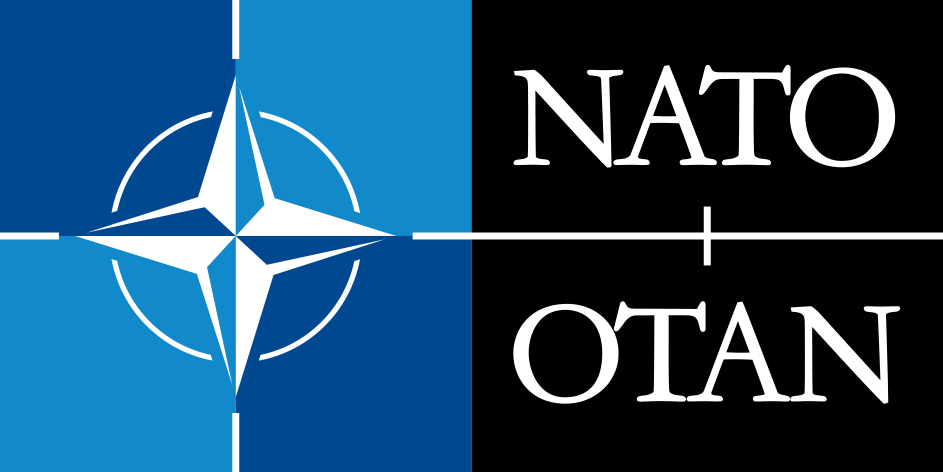



Project title: Overcoming Barriers to Combat Disinformation in Ethnic Minority Communities
Donor: NATO Public Diplomacy Programmes/Division
Project number: 221026c
Project Duration: June 2023 - December 2023
Project summary: Armenian and Azerbaijani communities in Georgia are among the most vulnerable communities to disinformation, particularly regarding NATO, which may be due to language barriers predominantly exposing them to Russian media outlets rather than Georgian or European. This project aims to combat this, especially among young ethnic minorities (ages between 16-25) through workshops, social media campaigns and utilising traditional and local media outlets to spread factually accurate information about NATO during this project and beyond. The IDFI aims to reach 90 Armenians (predominantly from the Samtskhe-Javakheti region) and 90 Azerbaijanis (predominantly from Kvemo Kartli) in person through lecturers, experts and trainers who are well-versed in Georgian, Armenian and Azerbaijani, and 20,000 people via the videos that will be created and spread on social media and local news outlets.
Main outputs: 3 training sessions, 3 workshops, 2 videos.
Project Objectives:
- To address anti-NATO sentiment and the lack of knowledge amongst ethnic minority communities in rural areas of Georgia.
- To combat feelings of being sidelined from Georgian society and the benefits that Georgia receives from NATO.
- To raise the resilience of ethnic minority communities against disinformation and increase awareness of NATO and its mission in Georgia.
Project activities:
Activity Number 1- Creating videos that will debunk disinformation about NATO and raise awareness of NATO’s role and mission in Georgia spread by local influencers and through social media accounts.
Activity Number 2- Conducting training sessions in disinformation, misinformation, propaganda and ways to confront it for local communities. This will take place in local NGOs, schools, American Corners and civic centres.
- Activity Number 2 - Stage 1- Training the trainers by experts and lecturers in the topics mentioned above.
- Activity Number 2 - Stage 2- Training the locals, consisting of 3 training sessions in each region by students and locals in their mother languages.
Activity Number 3 - Conducting interactive and accessible workshops held by experts and lecturers addressing specific cases of disinformation and how to counter it.
Follow-up Activities to ensure the projects sustainability-
- 1. Videos created can be continually used in the future. 2. Keeping in contact with participants. 3. Continually engaging participants with the University of Georgia programmes and internships within the IDFI.
- Qualitative and Quantitative forms of assessing the success of the programme - Number of sessions delivered, attendance levels, the extent of the spread of the videos and social media content and verbal feedback given by attendees and trainers.